
“Who” is the question of the day. “Who,” not “what.”
“Who shut within doors the sea, when it burst forth from the womb?” asks the Lord of Job in the first reading. “Who then is this whom even wind and sea obey?” ask the apostles of the Lord in the Gospel.
The principle that tames the restless sea is a Who not a What; the Big Bang at creation’s beginning was the utterance of Someone, not something. And so St. Paul says in the second reading, “the love of Christ impels us….” Not the love of the sea or the air or the trees, as strikingly beautiful as they are, impels him to sacrifice his life. Not even the love of a human person, as deeply endearing as he or she may be, impels him to sanctity. It is the love of Christ that moves the planets and moves men to reverence the planets.
 Sister praying the Rosary at the MCs in Nairobi
Sister praying the Rosary at the MCs in Nairobi The fundamental problem motivating environmental exploitation, the Pope writes, is “anthropocentrism” and the “technocratic paradigm.” In other words, ignoring God’s existence in order to exalt man and man’s technological powers reduces the environment to man’s control, and we don’t have a very good track record of managing things we attempt to control. History will show that the strongest man, in any society that denies God, eventually takes what he wants. Is it coincidental that the great atheistic societies of our time (Russia and China) have committed the greatest environmental degradation? If God does not exist, why respect his creation? And that includes other human beings…. We must ask the “What” questions: What causes global warming? What drives the economy and what makes environmental solutions financially viable? What can we do to reduce emissions? What political and sociological remedies can we apply? But those questions are subordinate to the primary question of Who. Who made all this? Who will help us respect what He has given?
| Job testifies that God exists, and that it is He who creates and loves the entire stunning array of natural beauty. Jesus manifests his absolute authority over nature by calming the sea, and gently rebukes the apostles for failing to trust him (“Do you not yet have faith?”). St. Paul also testifies to the love of God as the prime mover of the universe. “We have come to the conviction that one died for all.” Not only is God a prime mover, but he is the prime lover. He knows me; he loves me; he cares for me. I have my place among all that he loves: the sun, the stars, the trees, the flowers. I am not the owner but the steward of all these gifts. Realizing this love impels me to render due glory to the Creator, and to lovingly nurture the gifts he has given. “Who is this that even the wind and sea obey?” He stands at the sea’s furthest dawn, guiding us through life’s day over the waters of creation to the perfect rest of uncreated beauty. |
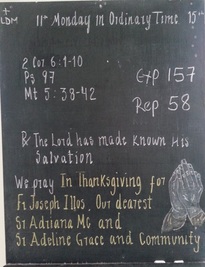

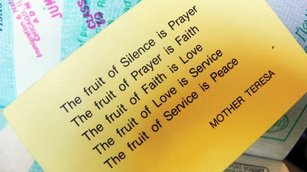
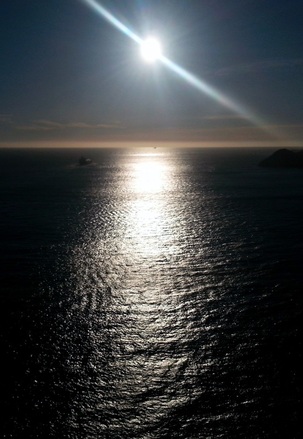


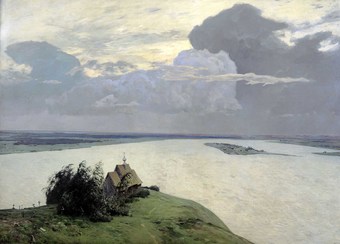
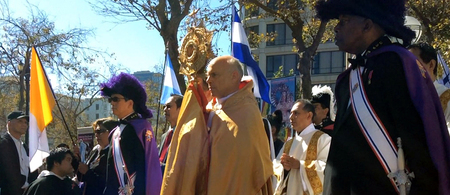
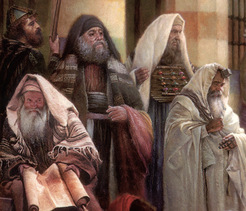
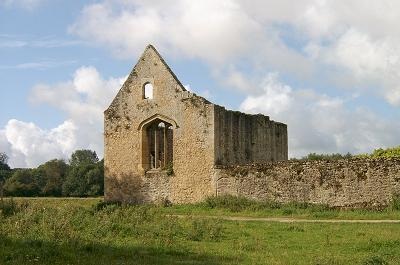
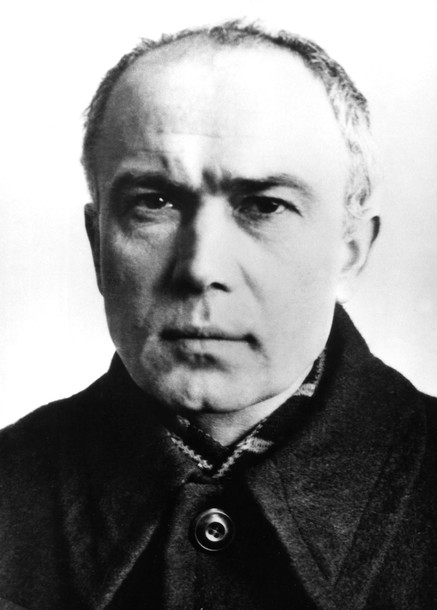


 RSS Feed
RSS Feed